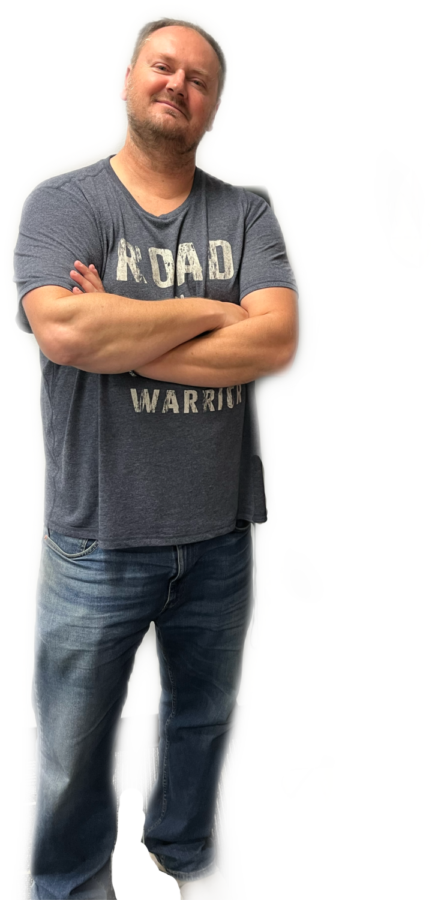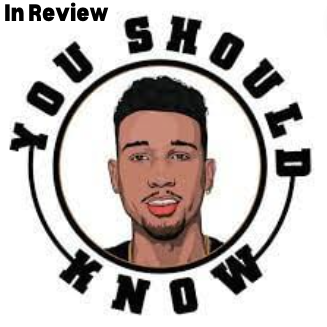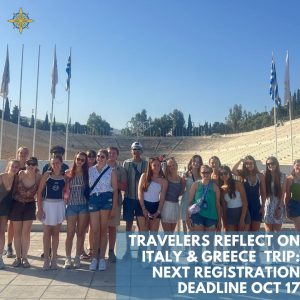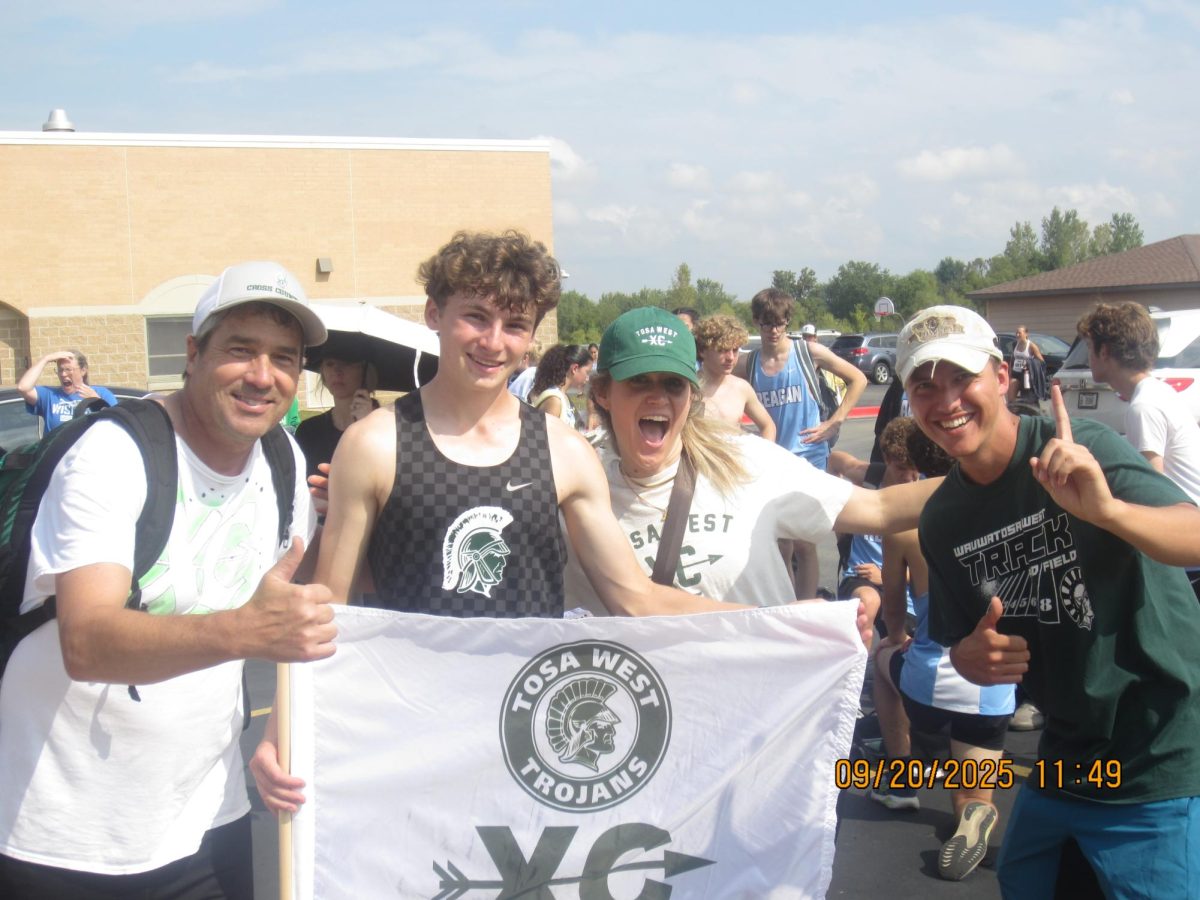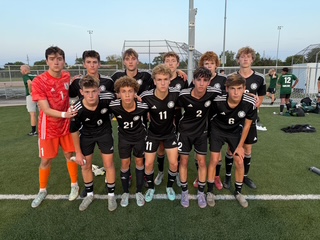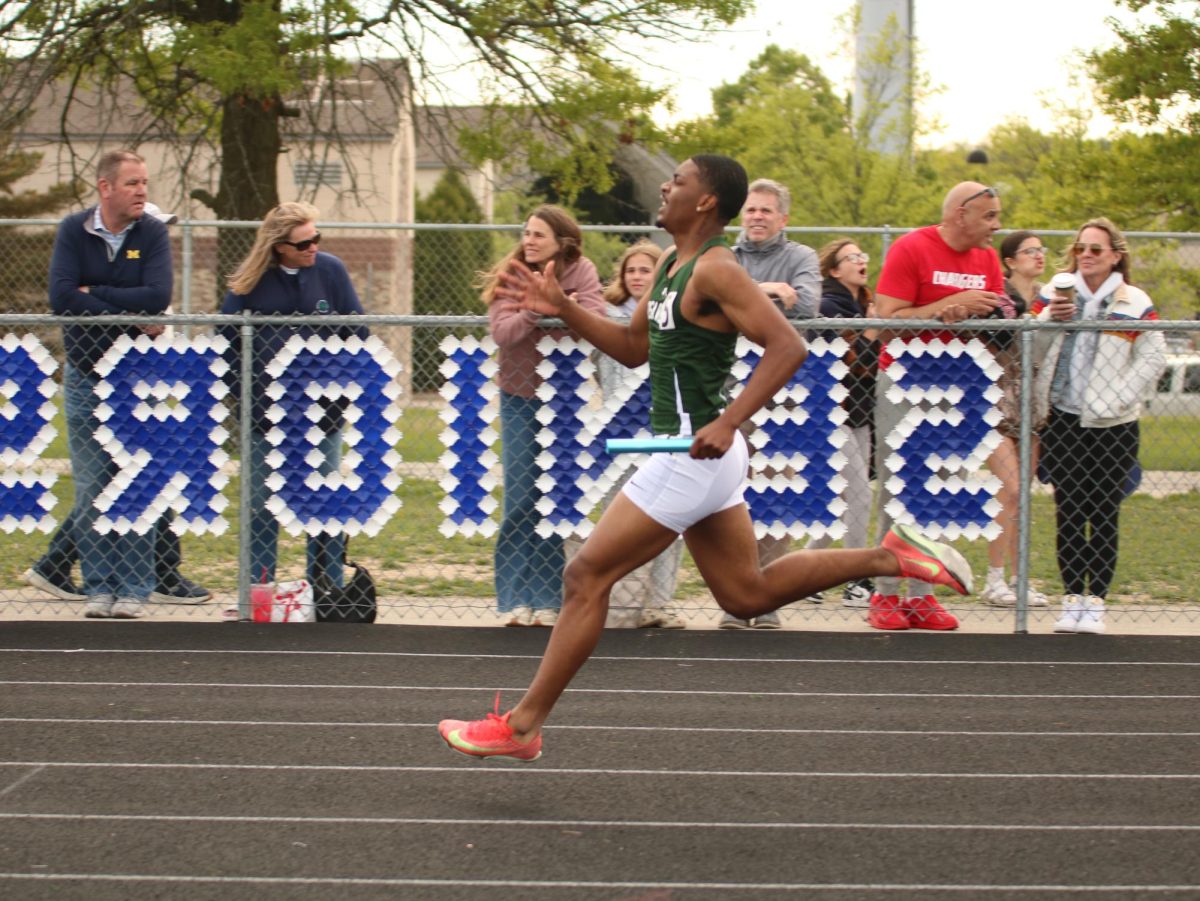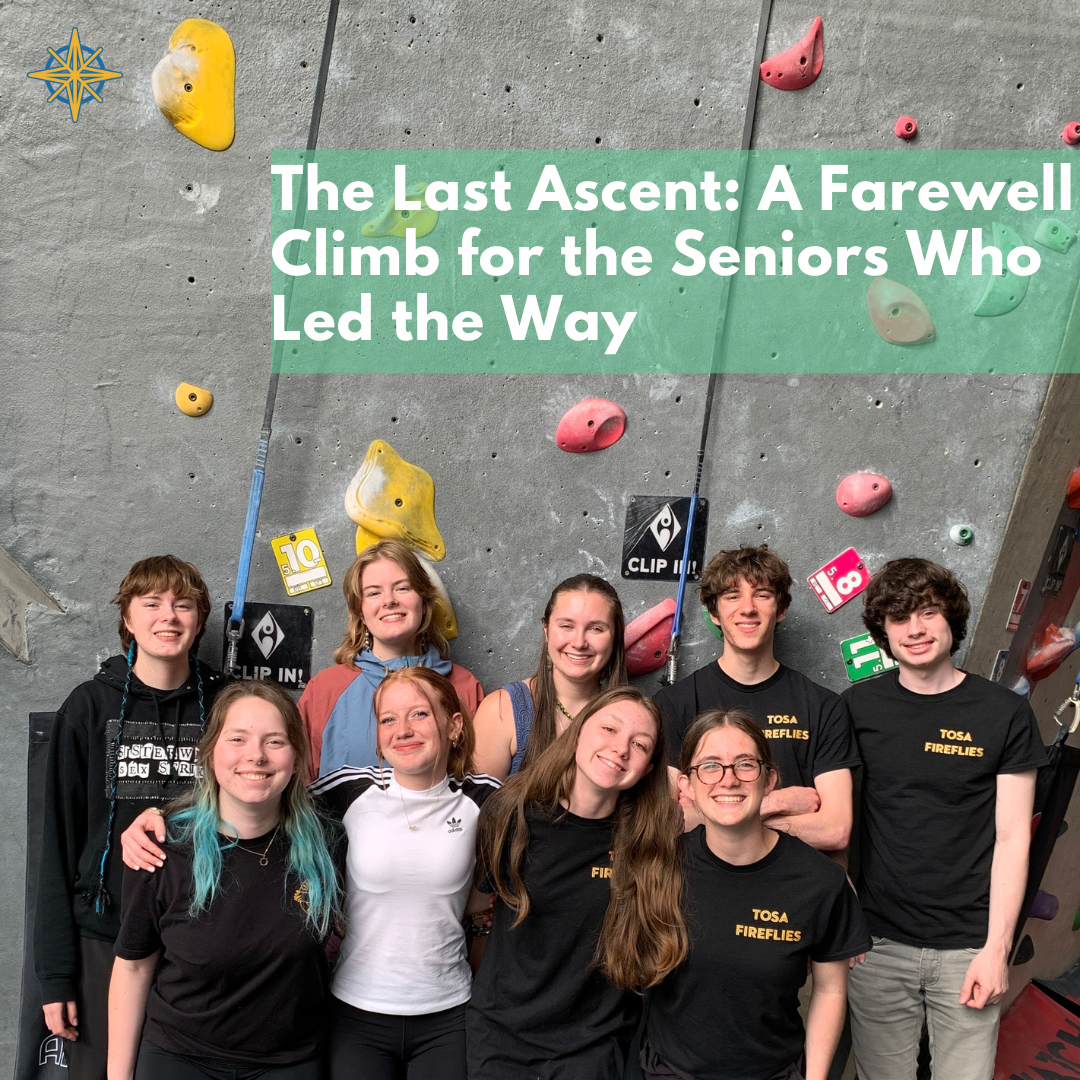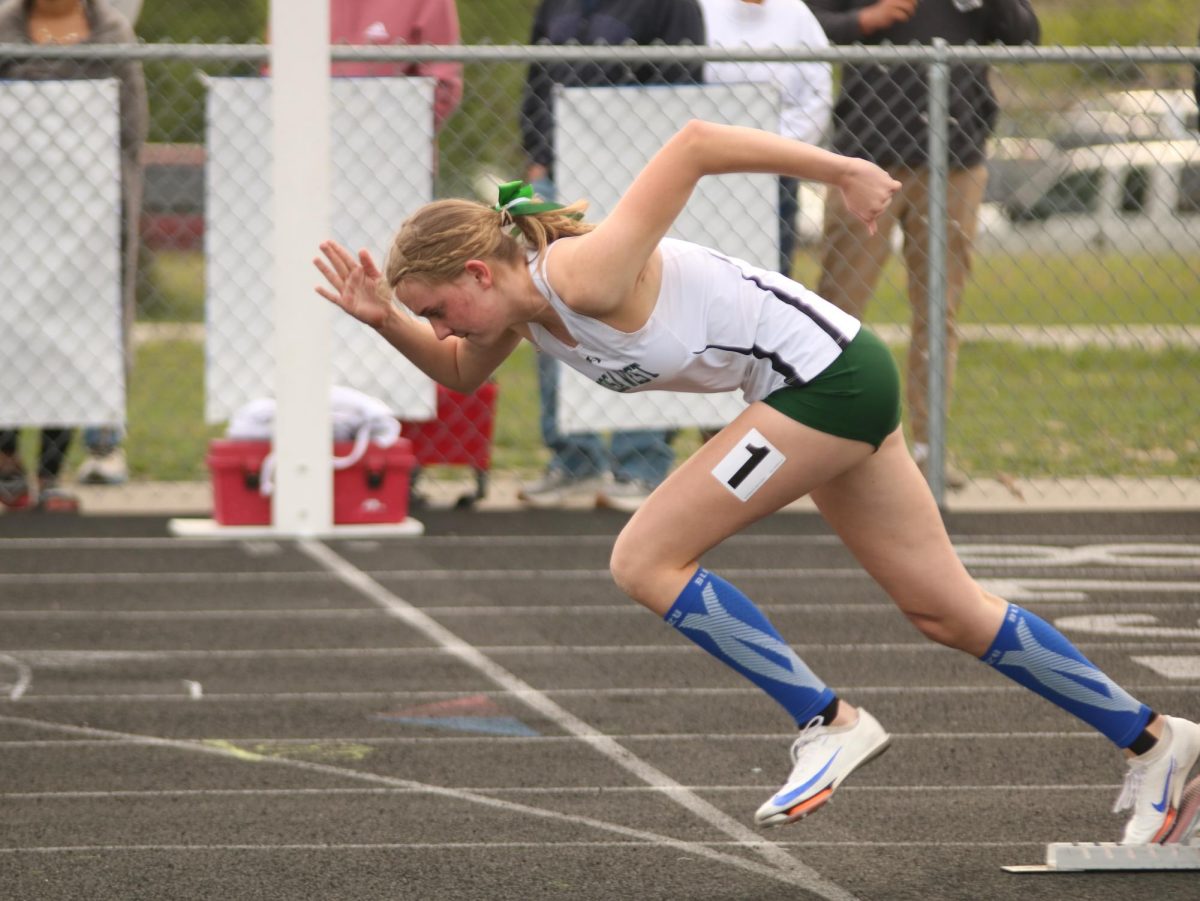Behind the Desk: Mr. Mateske
November 11, 2022
How long have you been teaching?
I’ve been at West for 18 or 19 years. So one of the reasons that I was being considered at Wauwatosa was because the principal at the time, Tom Steiner, who the Steiner Center is named after, wanted to see the We The People program, or APPSE. The Wauwatosa school district wanted to see it brought to the west side of town, because East already had it since about the late 1980s, early 1990s.
What has your coaching experience looked like?
I was varsity head coach for about nine years. Then ended up coaching JV baseball for a handful of years. I coached baseball for 20 years. At some point I needed to focus on, at that point being the head varsity coach of baseball with junior Trojans. I started coaching football here in my first year in 2005. I coached football from 2000-2012. We got the junior Trojans team up and running while I was the head coach, they didn’t exist before that.
What is a fun fact about you?
I can sing. I was the lead singer of some of my football players at Ripon high school, they had a band. And there was a fundraiser that was gonna go on for the soccer team and some other people and they were going to play at homecoming, bonfire and stuff that was happening, and they needed somebody to sing. And I somehow ended up being the lead singer of this band called Old Man Out. We had fun playing a couple of different performances and stuff. And there may be videos out there someplace that I don’t possess anymore at this point. I was also in an acapella band in college. Singing runs in my family.
What does your military background look like?
I joined the Army Reserves in December of 1993. I was a freshman in college at the time, and there’s probably several reasons why I joined the military. One, I was trying to figure out ways to help pay for college and that was going to be an opportunity to help knock off some of the cost to my grandfather who was a bomber pilot in World War Two, and was actually shot down over Europe and was a prisoner of war, and in a German prisoner of war camp before being liberated by the Russian military coming from Europe to Germany towards the end of the war. My dad was in Vietnam. In fact, he landed in Vietnam in the middle of the Tet Offensive in 1968, as the North Vietnamese and the Viet Cong were launching surprise attacks on 200 cities all around South Vietnam. I think that I’d had a sense of obligation. I was in the Army Reserves for 10 plus years. We were part of a 30-35 person unit, I was the third highest ranking person in our unit next to our Commander in our first sergeant at the time I was done in the military. And in 2003, we were mobilized to go to Operation Iraqi Freedom. We were in Kuwait, and got into Iraq for part of what was a three month window before being sent back to America. So we returned, and I got back in time to help coach a 2003 football state championship.
How does your military training apply to or help you teach US history?
I’ve fired modern day versions of these types of weapons in warfare and deployed them. So that’s how my military training can offer some perspective that maybe other history teachers can’t quite offer to include just like, and the just the reality of being away from home for a long period of time.
Since you’ve been at West what is like one of the biggest changes you’ve seen over the years?
We have updated our sports opportunities, whether it’s to softball fields, to tennis courts, football field being turf, new track, soccer field, turf baseball fields. Obviously, administration has changed tremendously since 2005. I’ve been a part of at least probably 20 to 25 different administrators in my time. So that comes with challenges of trying to get to know new expectations of new administration, their relationship building with us and with students. The other thing that I would say is the faculty, the faculty for when I first started in 2005 compared to now is completely drastically changed.
What’s something that makes you different from other history teachers?
I think the military aspect creates a difference, I think that’s also because I’m really good at relationship building. I do think over my entire teaching career, building relationships has helped set me apart in the longevity of my career.



